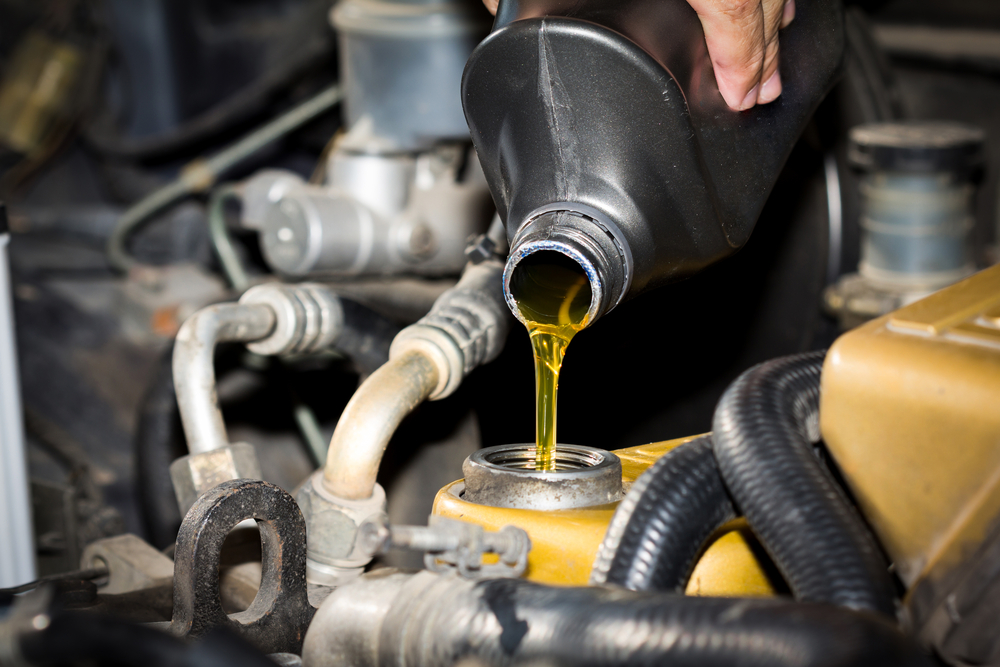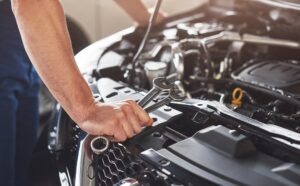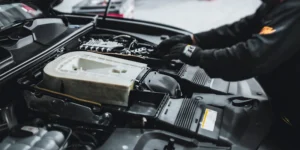By improving the fuel economy of your car’s engine, you will not only save money on gasoline, but you will also reduce pollution and help protect the environment. Here are some helpful tips to help you get the most out of every tank of gas:
1. Provide regular maintenance. A well-maintained engine works better.
Tip: Change oil, replace air filter, check spark plugs according to manufacturer’s maintenance schedule. When tires are properly filled, they have less rolling resistance, which means they use less gasoline.
2. Drive slowly and steadily, do not accelerate quickly.
Important: If you drive too fast, you waste fuel.
Tip: Accelerate slowly and steadily and avoid sudden stops and starts. When you drive on the highway, use cruise control to keep your speed steady and save fuel.
3. Shorten the idling time: Idling burns gasoline and increases pollution.
Tip: If you think you will have to wait longer than a minute, turn off the engine. Do not allow the engine to warm up for more than one minute in cold weather. The new engine warms up faster while driving.
4. Lighten your load: Carrying extra weight will make your car use more gas.
Tip: Remove unnecessary items from the trunk and roof rack to save gasoline and reduce air resistance.
5. Use the right oil quality: Using the right oil reduces friction and makes your engine work better.
Tip: Your car’s owner’s manual will tell you what type of oil viscosity you should use. High quality synthetic motor oil can help your car use less gas than conventional motor oil.
6. Make sure your engine is properly tuned. Why this is important: A properly tuned engine works better.
Tip: Check the air filter and spark plug regularly and replace them if necessary. The engine control module (ECM) regulates the fuel-air mixture and ignition timing for maximum fuel economy.
7. Maintain aerodynamic efficiency. This is important: lower air resistance for better gas mileage.
Tip: When driving fast, keep the windows closed and remove the roof rack when not in use. Clean your car to prevent build-up of dust and other things that could hinder your drive.
8. Plan your trips and combine them. Planning your route will save you time and gas.
Tip: Plan a route and combine tasks to avoid too much driving. Use navigation tools to find the fastest and most economical route.
9. Use air conditioning wisely. Why this matters: Using air conditioning can help you use more gas.
To reduce mechanical resistance, use the air conditioner at a higher speed instead of opening the windows. If you park your car in the shade, less cooling is required when you start your car again.
10. Check your fuel consumption. Why it’s important: Tracking how much fuel you use can help you identify waste.
Tip: To track your mileage, use your car’s built-in fuel economy display or an app that tracks fuel economy. Keep an eye on any rapid drops in efficiency; this may mean that something needs to be repaired or maintained.
In summary
To reduce the gas mileage of your car’s engine, you need to learn how to drive properly, perform regular maintenance, and make informed decisions about how to drive and maintain your car. By using these tips you can save money on gas, be less damaging to the planet, and drive more efficiently and economically. Remember that small changes can save you a lot of fuel over time, which is good for the environment and your wallet.


